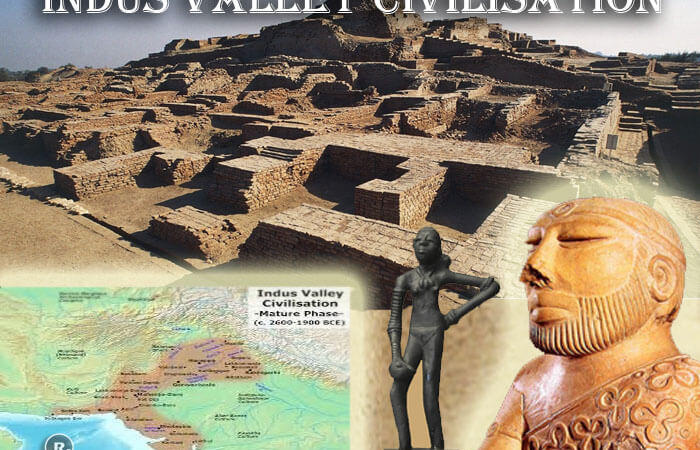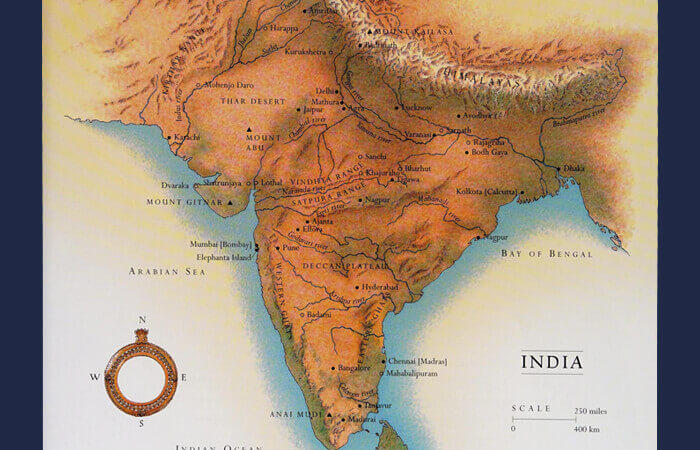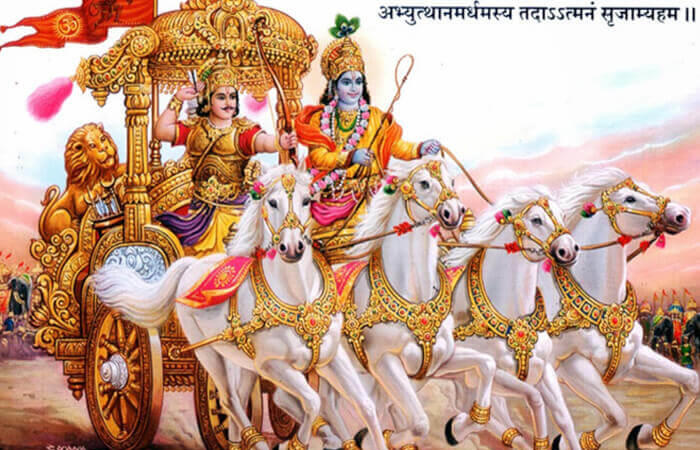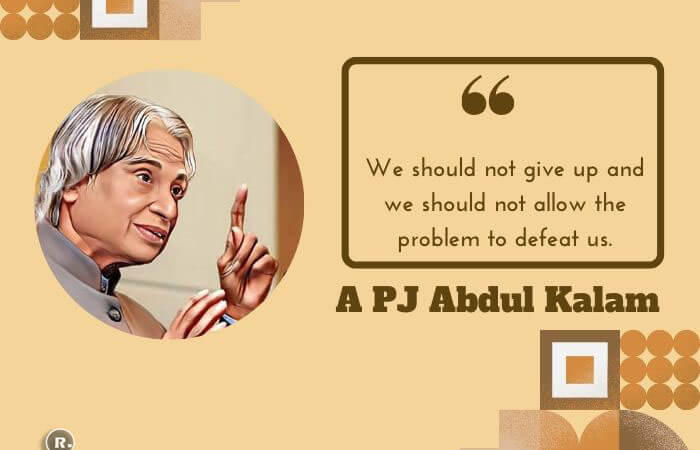The Kashmir Problem – What is the real conflict between India and Pakistan
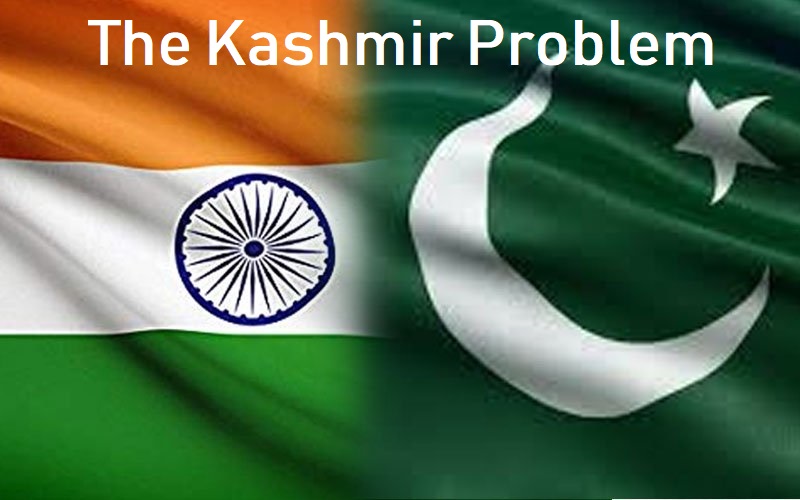
India and Pakistan’s conflict over the mountainous region of Kashmir dates back to 1947 when both countries became independent from British colonial rule.
After independence in 1947 two nations came into existence India and Pakistan. The entire subcontinent was partitioned into Hindu-majority India and Muslim-majority Pakistan, which led to a mass displacement as people migrated from one country to the other.
Under the partition plan of the Indian Independence Act, Kashmir under its ruler Hari Singh was free to choose India or Pakistan or remain independent.
Kashmir ruler Maharaja Hari Singh was a Hindu while his kingdom people were Muslim and they prefer to remain independent but their action was tilted towards India. Pakistan decided to capture Kashmir by force, they made several attempts to persuade the Maharaja of Kashmir to join Pakistan.
Outbreaks of communal and religious violence killed hundreds of thousands of people in the subcontinent during that time of partition. Jammu and Kashmir was a former princely state where a large number of people were killed and others were driven away by the violence during the partition. Later the maharaja of Kashmir decided the State’s accession to India.
Since then, India and Pakistan have fought multiple wars over the region — both countries claim the region in full but control only parts of it.
Kashmir has been the cause of two previous wars between the uneasy neighbors. They fought a third war in 1979 over East Pakistan, which gained its independence with the help of India and became Bangladesh.
In 1972 Simla Agreement between India and Pakistan was one when both agreed that neither country would seek to alter the cease-fire line in Kashmir, which was renamed as the Line of Control. Numerous violations of the Line of Control have occurred since then.
In 1999 Pakistani soldiers from Pakistani Kashmir infiltrated Jammu and Kashmir which resulted in the Kargil conflict. Fearing nuclear war the then-United States President Bill Clinton pressure Pakistan to retreat. The conflict ended with Pakistan withdrawing its troops.
India has officially stated that it believes that Kashmir to be an integral part of India. India does not accept the two-nation theory that forms the basis of Pakistan’s claims and considers that Kashmir, despite being a Muslim-majority state, is in many ways an “integral part” of secular India.
All differences between India and Pakistan, including Kashmir, need to be settled through bilateral negotiations as agreed to by the two countries under the Simla Agreement signed on 2 July 1972. Insurgency and terrorism in Kashmir are deliberately fuelled by Pakistan to create instability in the region.
India’s government has repeatedly accused Pakistan of waging war in Kashmir and helping terrorists and not banning these terrorist organizations. Pakistan has been involved in training and arming underground militant groups to fight Indian forces in Kashmir.
Water dispute
Another reason for the Kashmir dispute is water as Kashmir is the source of the Indus river basin. Among which Jhelum and Chenab rivers, which primarily flow into Pakistan, while other branches—the Ravi, Beas, and the Sutlej—irrigate northern India. Both the countries heavily depend on the Indus River for irrigation of their crops and hydro electricity systems.
The Indus Waters Treaty was signed by both countries in September 1960, giving exclusive rights over the three western rivers of the Indus river system (Jhelum, Chenab, and Indus) to Pakistan, and over the three eastern rivers (Sutlej, Ravi, and Beas) to India, as long as this does not reduce or delay the supply to Pakistan.
India, therefore, maintains that they are not willing to break the established regulations and they see no more problems with this issue.
Suggested Read: Kashmir Before And After Article 370

